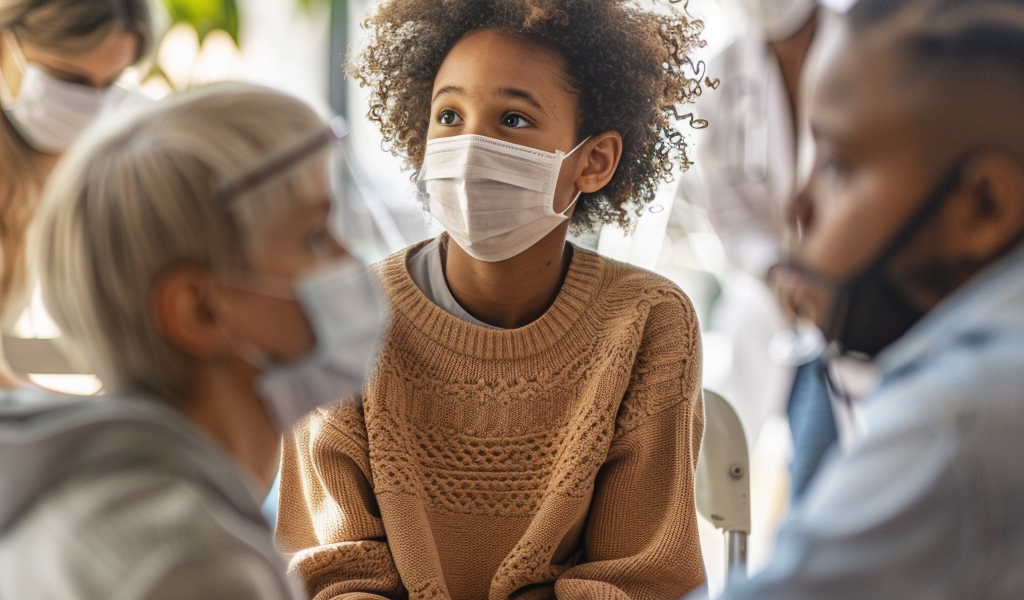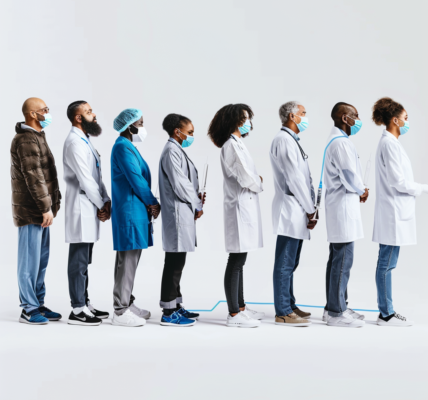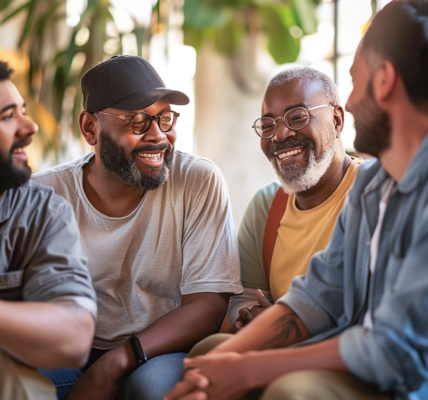As new variants of the coronavirus continue to gain traction, doctors and researchers are bracing for a potential rise in cases this summer. Here’s what to know about symptoms, testing, and treatment if you fall ill.
WATCH OUT FOR THE USUAL SYMPTOMS
There’s no evidence that symptoms of the new dominant COVID variants, KP.3 and KP.2, which account for nearly half of all cases, are any different from other recent strains of the virus. The symptoms include sneezing, congestion, headaches, sore muscles, nausea, or vomiting. Many people also report exhaustion and a ‘blah’ feeling.
In general, the more immunity you’ve built up from vaccination or past infections, the milder your next bout with the virus is likely to be. (Though it’s possible to experience more intense symptoms.)
GET TESTED
In an ideal world, experts said, people would take a COVID test as soon as they develop symptoms or learn they were exposed, and then test again a day or two later.
If you have other symptoms but few at-home rapid tests on hand, you may want to wait a few days to test, to reduce the chance of a false negative. If you’ve had symptoms for more than three days but are still testing negative, it’s unlikely you’ll ever test positive on an at-home test, Dr. Gordon said — either because you do not have COVID, or because you are shedding amounts of the virus that are too low for a rapid test to pick up.
CONSIDER MEDICATIONS TO PREVENT AND TREAT COVID
People age 12 and older who have tested positive can take Paxlovid within five days of developing symptoms. The medication halts the virus from replicating in the body and lowers the risk of death for people who are more vulnerable to severe disease. There is no evidence that Paxlovid is less effective against the current leading variants than previous strains of the virus, experts said. Scientists are still debating whether Paxlovid can reduce the risk of developing long COVID.
Doctors advise resting as much as possible while sick. ‘Some people like to take long walks,’ said Dr. Davey Smith, an infectious disease specialist at the University of California.





